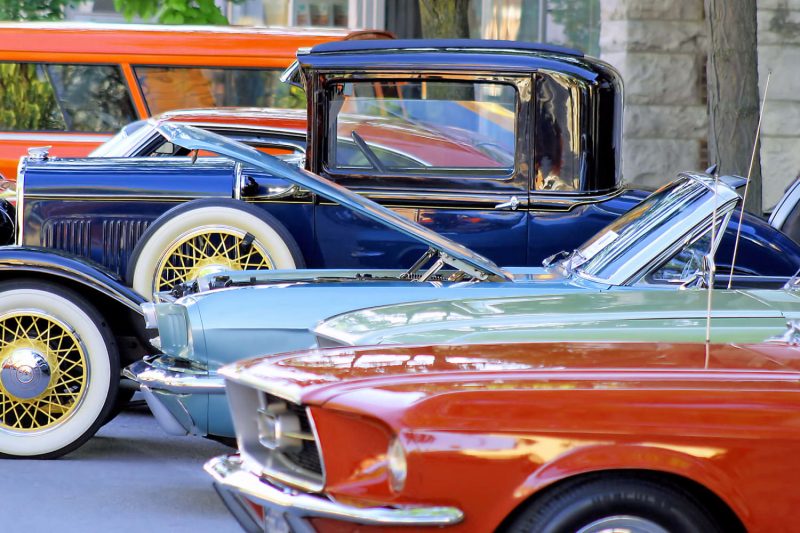
Revving Up: New Generation Drives Change at Monterey Classic Car Auctions
The Monterey Car Week is an internationally renowned event that beckons car enthusiasts, collectors, and industry professionals from around the globe. Historically, the highly-anticipated auctions at Monterey have been a focal point for classic car sales, setting new records and benchmarks for the industry. However, the recent trend indicates a significant shift in the market dynamics as new-generation preferences and priorities come to the forefront.
The generational transition in the collector car market has been a gradual but impactful process. The preferences of younger buyers, often characterized by a stronger affinity towards modern supercars and performance vehicles, have begun to shape the landscape of classic car sales. This shift is evident in the subdued performance of classic car sales at the Monterey auctions, reflecting the evolving tastes and priorities of the new generation of collectors.
One of the key factors contributing to the stall in classic car sales is the changing mindset and preferences of younger buyers. Unlike traditional collectors who value the historical significance and timeless appeal of classic cars, the new generation of enthusiasts often gravitate towards modern vehicles with cutting-edge technology, superior performance, and futuristic designs. The allure of instant gratification, advanced features, and pedigree associated with contemporary supercars often overshadow the appeal of vintage automobiles for younger buyers.
Furthermore, the increasing focus on sustainability and environmental consciousness among younger consumers has also steered the collector car market towards more eco-friendly and efficient vehicles. Electric and hybrid cars are gaining traction in the automotive industry, reflecting a broader trend towards sustainability and reducing carbon footprint. As a result, classic cars powered by traditional combustion engines may face challenges in attracting the interest of environmentally conscious buyers, contributing to the slowdown in sales at auctions.
Another significant aspect influencing classic car sales is the rise of digital platforms and online marketplaces. The accessibility and convenience offered by online auctions and sales platforms have expanded the reach of buyers and sellers, enabling transactions to take place outside of traditional auction houses. This shift towards digital channels has opened up new avenues for classic car transactions, giving collectors a wider range of options to buy and sell vehicles without the constraints of physical auctions.
Despite the challenges faced by classic car sales at Monterey auctions, there remains a steadfast appreciation for vintage automobiles and their cultural significance. The enduring charm of classic cars, steeped in history and nostalgia, continues to captivate collectors and enthusiasts worldwide. While the market dynamics may be evolving, the passion for classic cars transcends generational boundaries, ensuring that these timeless treasures will always have a place in the hearts of automotive aficionados.
In conclusion, the stall in classic car sales at Monterey auctions reflects the shifting preferences and priorities of a new generation of collectors. The rise of modern supercars, environmental consciousness, and digital platforms are reshaping the dynamics of the collector car market, presenting both challenges and opportunities for the industry. Despite the changing landscape, the allure of classic cars endures, reminding us of the timeless appeal and cultural significance of these automotive icons.
